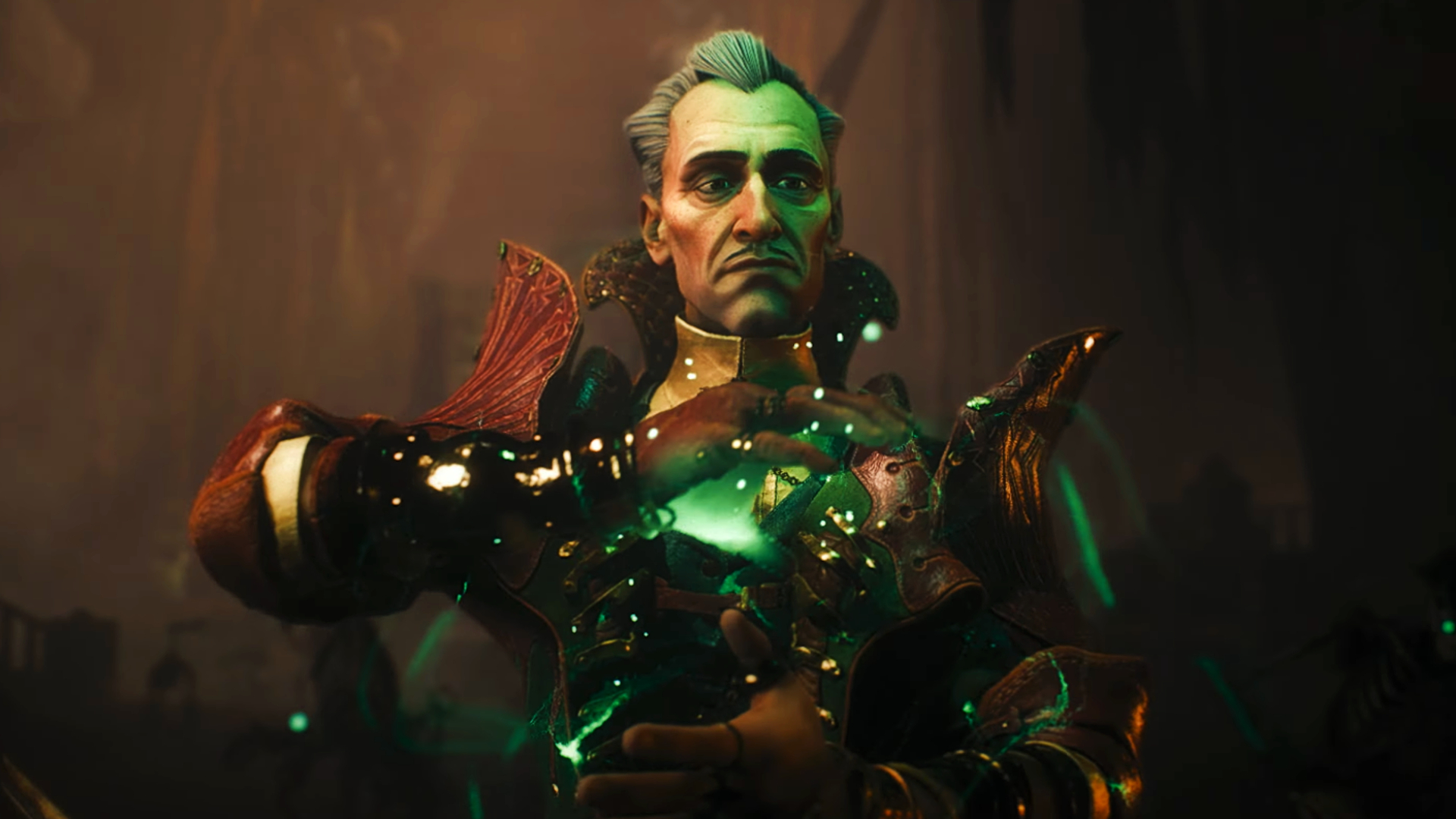As the 10-year wait for Dragon Age: The Veilguard ends, RPG veteran says AAA series like GTA show how a big gap between sequels "can actually improve the impact" of each release

Following BioWare's monumental reveal of Dragon Age: The Veilguard, the lengthy wait for the beloved series' fourth entry is finally coming to a close - and there's a good reason why the new RPG has taken so long, according to veteran lead Mark Darrah.
Speaking in his recent podcast on AAA games and why they "take so long" to release, former Dragon Age executive producer Mark Darrah explains developers' reasons for spacing launch dates so far apart. "One of the reasons why AAA games take as long as they do in some cases is simply because they can," Darrah reveals. "They look at the market, they look at what they need to do, and they decide to prioritize having as large of an impact as possible over coming out in a timely manner."
The BioWare vet continues, using other iconic series' wait times like Grand Theft Auto's as an example: "Arguably, that's what Rockstar does with GTA is they would rather have a game come out once every decade or longer and be a cultural phenomenon than try to reduce that time and potentially reduce their impact." Darrah states that in many cases with "successful" franchises, "a long wait time between games" may "actually improve the impact of the future game."
Darrah explains that these "external reasons why having your games be fairly far apart can be a good idea." He also says that despite allowing for "some freshness within the AAA space," more frequent AA and indie releases are another possible reason behind delays: "If you are a AAA game and you're moving fairly slowly and an AA game comes along and is a disruptor, what it might cause is you to have to iterate yet again and introduce even more delays into your development."
Ultimately, "there are lots of reasons why AAA games take a long time" as Darrah concludes - "some of which make sense, some of which make sense if you sit in the C-suite, some of which honestly don't make a ton of sense but are sort of built-in at this point almost due to expectations of the team, but also expectations from players that teams are scared of upsetting."
Weekly digests, tales from the communities you love, and more

After spending years with her head in various fantastical realms' clouds, Anna studied English Literature and then Medieval History at the University of Edinburgh, going on to specialize in narrative design and video game journalism as a writer. She has written for various publications since her postgraduate studies, including Dexerto, Fanbyte, GameSpot, IGN, PCGamesN, and more. When she's not frantically trying to form words into coherent sentences, she's probably daydreaming about becoming a fairy druid and befriending every animal or she's spending a thousand (more) hours traversing the Underdark in Baldur's Gate 3. If you spot her away from her PC, you'll always find Anna with a fantasy book, a handheld video game console of some sort, and a Tamagotchi or two on hand.



